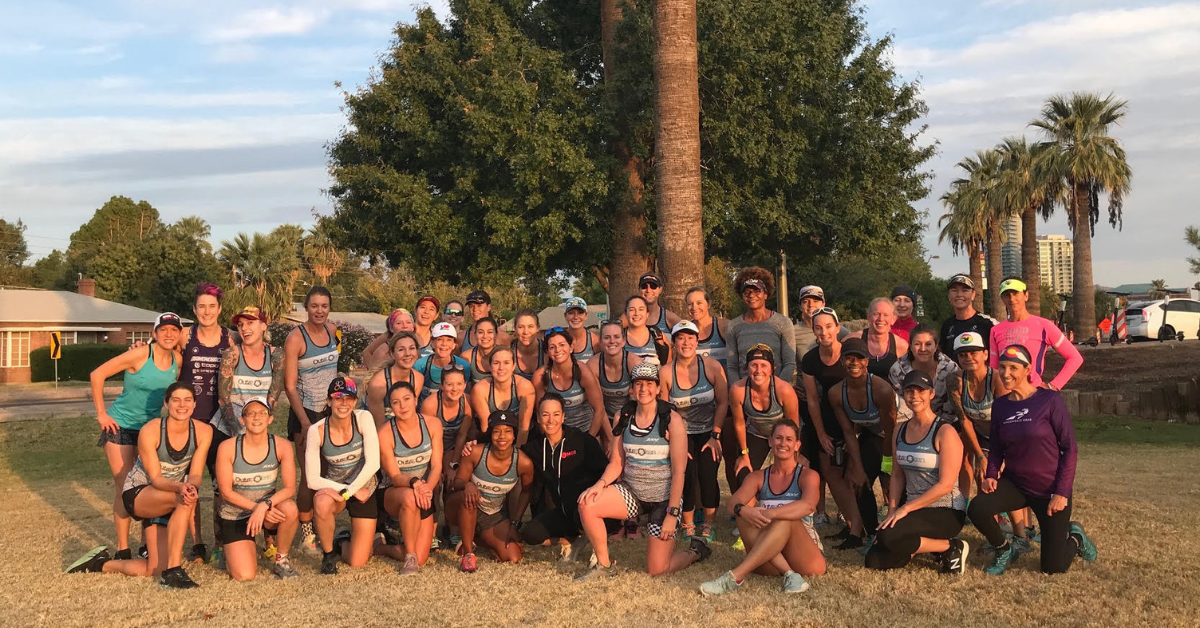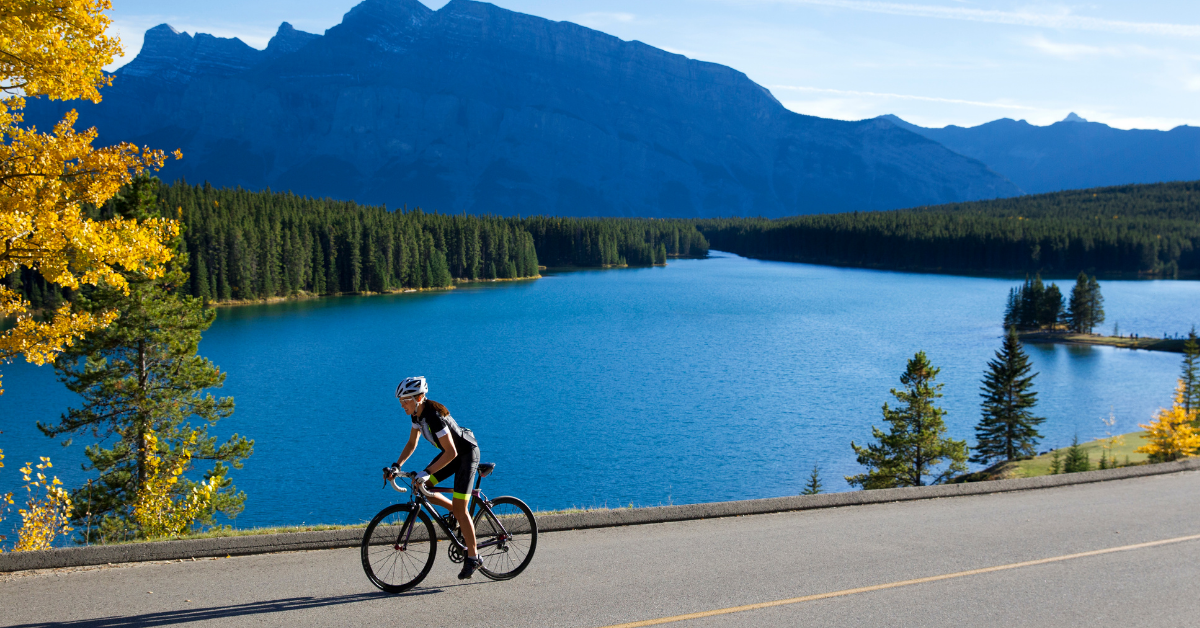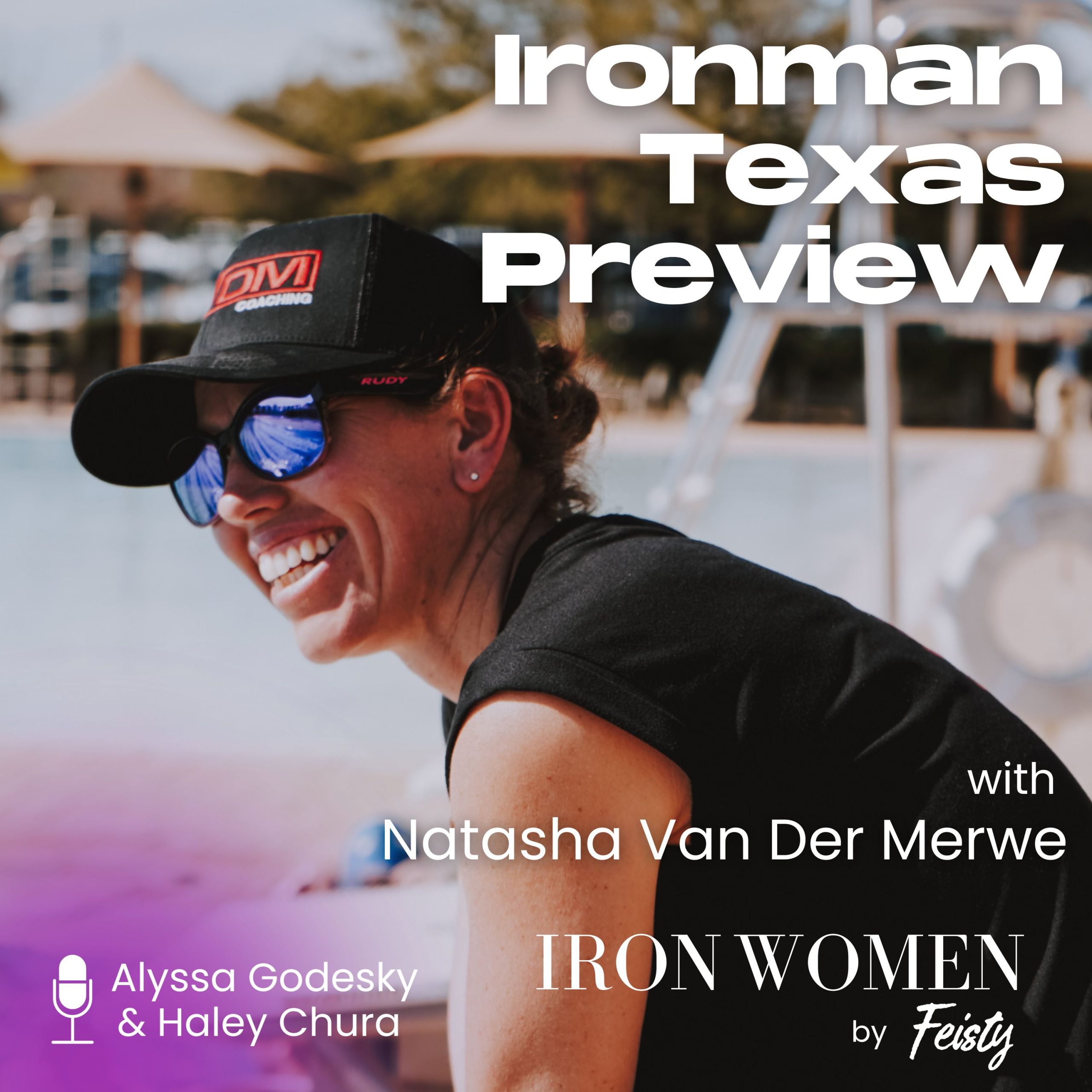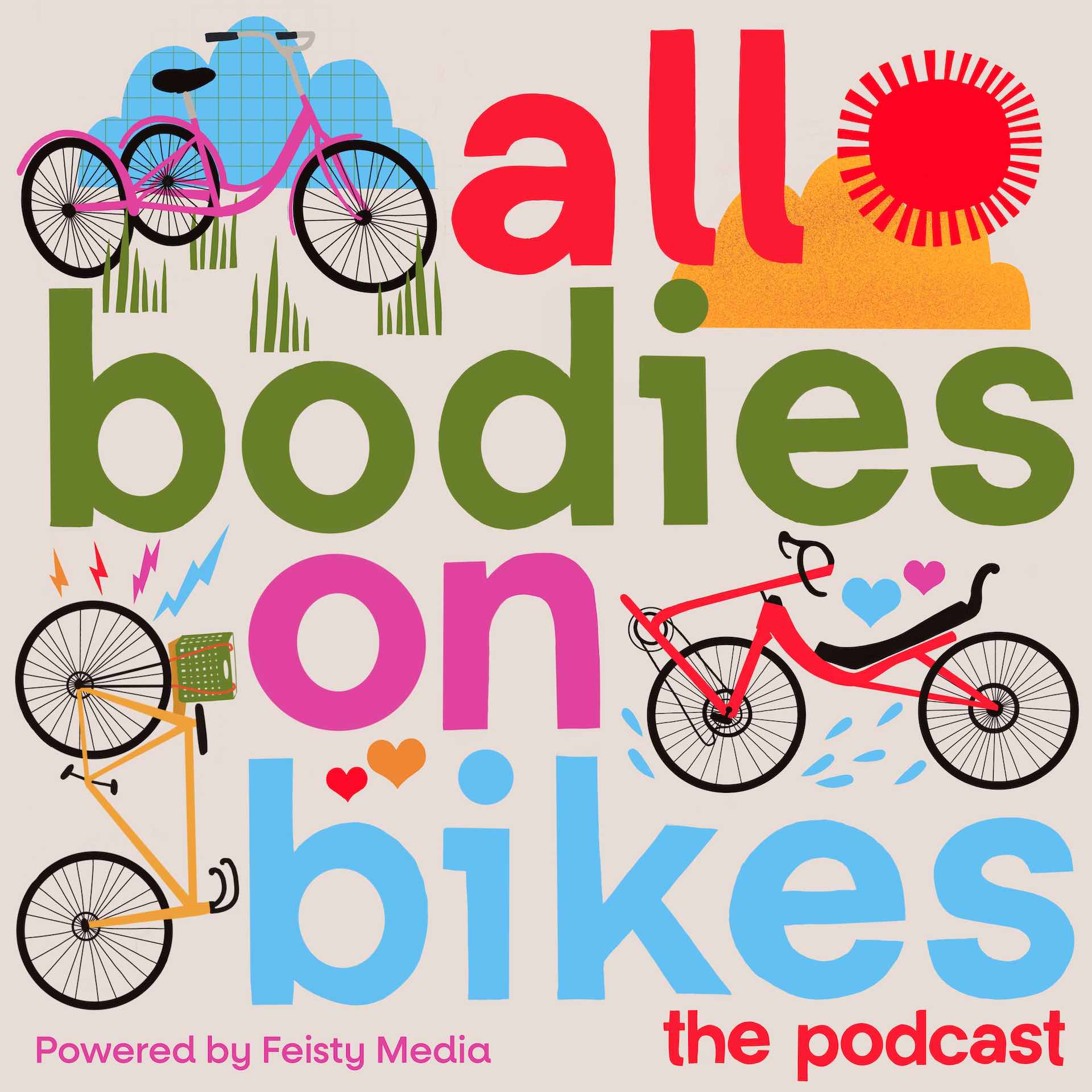August 15, 2023
5 Tools to Prepare for the Menopause Transition
Nobody knows when it will start or how long it will be. But we do know it’s not the end. Here are some tools to smooth out the ride.
By Selene Yeager
Menopause has burst out of the shadows and into the mainstream. It’s in the NY Times. It’s on Oprah. It’s on during the Super Bowl.
Everywhere we look we can learn about hot flashes and night sweats, depression and anxiety, heart palpitations, rage, headaches, loss of libido, joint pain, bone-crushing fatigue, and the myriad and sundry physical, psychological, and emotional symptoms we can experience as our ovaries prepare to take a bow.
It’s great that this information is finally being talked about openly because information is power. We started Feisty Menopause and the Hit Play Not Pause podcast in 2020 to provide information on menopause so women could understand what happens during and beyond the menopause transition, know what to do, and feel empowered to take action—not to make them fearful of impending doom.
Unfortunately, that impending doom part is exactly how some women are feeling as they learn more about this phase of life. In Elektra’s 2022 Menopause in the Workplace Report, 67% of the 2,000 menopausal women surveyed said they were afraid of menopause’s impact on their mental health. Other research shows 54 percent of women hold negative attitudes toward the menopause transition.
We also see it in our own community. Just last week, a 49-year-old cyclist posted in our Hit Play Not Pause Facebook group asking whether she should buy a hot new performance road bike she’s been eyeing up or if she should hold off, fearing that she will “fall off the cliff” in the next few years from menopause and that expensive bike will be for naught. (For the record, more than 120 women chimed in telling her to GET THE BIKE!)
Navigating Menopausal Uncertainty
My own personal advice to the unsure cyclist was first, get the bike. Secondly, I advised her to not overthink it. After all, every woman has her own unique journey, none of the symptoms of menopause are a foregone conclusion, and it’s generally the shit in life that you don’t worry about that blindsides you anyway (speaking from deep experience as a world-class worrier here). And really? Time is going to pass and if we’re lucky, we’ll still be here in 20 or 30 years, slowing down for sure, yet still enjoying our active lives.
Plus, there are plenty of actions we can take to continue being active and strong. Sure, I’ve lost some power post-menopause; strength training helped me regain a lot of it. And though I’m not as fast as I once was, that doesn’t mean that my amazing bikes are wasted on me. They still give me great joy, as does riding them. There are so many things you can do to feel and perform well through and beyond menopause no matter what your experience is.
And that’s why we’re here. To build your toolbox for the menopause transition. And while we’re here, let’s add a few to help you get ready for the trip, so you don’t have to approach it with dread, but rather feel ready to take on this new chapter and what it may bring. (Note: these are also helpful once you’re on the journey!)
A Map
Whenever you’re going anywhere, it helps to first know where you are now, as well as what you may encounter along the way. This little Menopause Transition Roadmap is a good starting point.
Knowing all the potential symptoms of menopause isn’t designed to scare you. And, again, it’s by no means a foregone conclusion that you’ll experience every one, or even any one (though the majority of women will have a couple for sure). The goal is to be able to recognize them, so you can take action, whether that means paying closer attention to your workout fueling, talking to your doctor about hormone therapy, or renewing your gym membership to start lifting.
A Beta Source
Anyone who’s gone on any type of outdoor adventure knows it’s always helpful to get some beta ahead of time. Beta is inside information that helps you be prepared for what you might encounter, generally dished out by those who have been there before or are well-versed in the area. Anyone can tell you that you might have night sweats. Someone who has soaked the sheets will have advice on PJs, sheets, and other sleep-salvaging strategies. Trusted communities (like hopefully, this one right here) can be good sources for some solid beta.
A Good Mechanic
We are all bound to run into some obstacles (menopause or not, really…but our bodies do experience changes during the transition) and will need some help getting going. Finding a good healthcare provider who is up to date on menopause medicine and who listens to you will go a long way on this journey. Don’t be afraid to ask how much they’ve studied about menopause and menopausal therapies. And don’t be afraid to move on and search for another practitioner if they don’t feel like the right fit.
Some Road Trip Buddies
Any trip is more fun with friends…and yes, misery does love company when things get rough. Through good times and bad, the journey is better when you have community. That’s why we’re all here, so nobody has to feel alone. We can celebrate each other’s victories, help each other when we get a little lost, and generally keep each other company along the way.
A Travel Journal
Once you’re in perimenopause or postmenopause, your priorities may change; you may become interested in trying new things; or you may want to take a detour while you sort through your changing hormonal landscape. Start taking notes now. How are you feeling? Are there challenges you would like to work through? What strategies might you use (or are you using) to work through them? How are they working? What haven’t you tried that you’d like to try? Write it all down and include big-picture stuff like sports, activities, or professional aspirations that interest you.
Keeping notes can help you hone in on what’s important to you, what’s working for you, what you have yet to try, and also provides useful information to help you get the best care or assistance if and when you need it.


 Outspoken Women in Triathlon Summit Returns Bigger than Ever
Outspoken Women in Triathlon Summit Returns Bigger than Ever  Driving the Lamborghini: Productivity and the Power of Paper
Driving the Lamborghini: Productivity and the Power of Paper  5 take aways from the Compete Sports Diversity Summit
5 take aways from the Compete Sports Diversity Summit  Simple Tips to Hone Your Bike Handling Skills
Simple Tips to Hone Your Bike Handling Skills 


